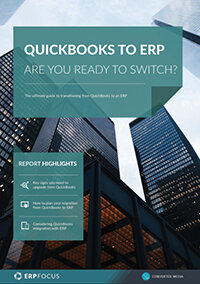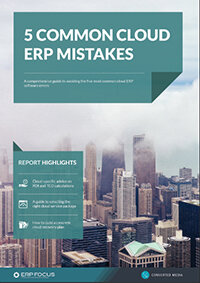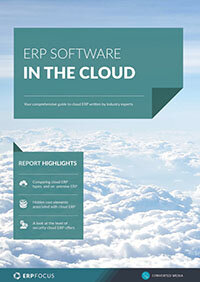4 features you should consider in your next ERP system
Crystal gazing is a lot of fun. From time to time, you can actually find a feature or function that exists on the near-horizon and might end up being a useful element in your ERP decision-making.
On the other hand, resources-based systems are driven by practical, pre-existing features that apply to how the business makes money today; not eight quarters down the road. With that said, here are four features to consider in your next ERP upgrade that are likely to make your operations safer, easier and potentially more lucrative, as opposed to simply burnishing one’s ERP apple for ego’s sake.
1. Improved mobility
In the last several years, ERP developers have embraced various value propositions leading to more mobile features and functions. While it is unlikely that static workstation or laptop-based systems are going to go the way of the dodo any time soon, mobile ERP applications with the ability to operate anywhere are causing all kinds of disruptions in the marketplace. Consequently, when looking at ERP features that might accrue enhanced efficiency and revenue sooner, any emergent mobility-derived value should be considered.
2. Extensive security controls
Today’s business security environment is getting more alarming all the time. If it’s not major financial or governmental entities experiencing one or more hacks; significant commercial enterprises have felt the pain caused by thousands of confidential records in the wind, where the prying eyes of black hats rummage through competitive or personal information at leisure.
Recommended reading: 50-step ERP software selection checklist
Since ERP platforms are all about data, and its consequent information, these platforms are nothing more than disasters waiting for the wrong person, or group, to pull the trigger. Thankfully, most ERP vendors, in partnership with hosts of third-party security providers, are working diligently to launch, and implement evolving systems that try to avoid problems before they hit. So, when looking for your next ERP upgrade, security controls such as user access and security auditing should be top priorities.
3. Emergent cloud operations
The die is cast, and unless some serious, and currently unknown, issue crops up, more and more ERP operators are translating their on-premise or hybrid platforms, to cloud-based platforms. While this may appear to be the “next big thing”, and certainly calls for serious consideration for any ERP manager, as the old saying goes, “be careful what you ask for.”
Look to the future of cloud-processed operations as a potentially positive step to be sure. But on the other hand, don’t be too quick to throw out one’s old platforms either, since sometimes the “future” isn’t all that great once one gets a chance to experience it.
4. Multi-cloud utilization
The emergence of multi-cloud platforms essentially represents many networks, and subordinate systems, operating in parallel. The upside is that load-sharing is intrinsic and infrastructure-wide, thereby allowing localized ERP operators to leverage much more powerful processing on the cheap and on-demand.
While this innovation is using up a lot of ink these days, and architectures of this type clearly offer significant future values, it remains to be seen if this technology represents what it advertises. Consequently, when thinking about your next ERP, consider multi-cloud platforms, but don’t bet your bank on the value until it’s entirely proven.
Free white paper
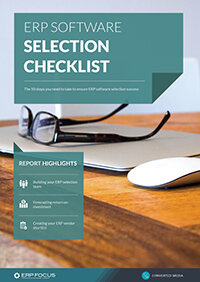
60-Step ERP Selection Checklist
Get the comprehensive checklist for your ERP selection project
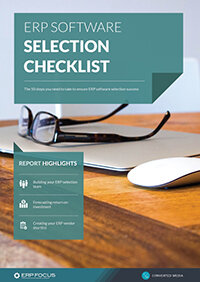
Featured white papers
Related articles
-

To switch ERP or upgrade ERP: that is the question
When legacy systems fail, the question of whether to switch to a new ERP or upgrade your existing...
-

Secret KPI: Why Your ERP Implementation Team Matters More Than Software
Learn how Godlan ensures successful ERP implementation for manufacturers with proven strategies &...
-

Why you shouldn't underestimate cloud ERP consultant costs
Make sure to take the cost of a consultant into account when planning your cloud ERP budget


